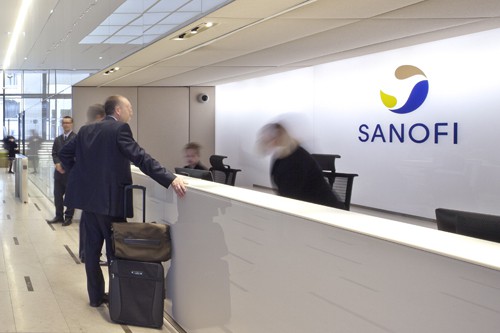
Sanofi is banking on its pending next generation insulin and the strength of its current presence in diabetes to offset the anticipated loss of sales from its blockbuster Lantus (insulin glargine) to biosimilars.
Speaking to PMLiVE at the meeting of the European Association for the Study of Diabetes in Barcelona, Sanofi’s senior VP, global diabetes, Pierre Chancel commented that U300 – an improved version of Lantus – is likely to be launched around the same time that Lantus loses patent protection in late 2014.
Lantus is currently the leading insulin on the market, but revenues are expected to take a significant hit when cheaper biosimilar versions of the biologic drug become available.
The leading contender is LY2963016, developed by Lilly and Boehringer Ingelheim, which was accepted for review by European regulators in July this year, while Mylan is collaborating with Biocon biosimilars of Lantus as well as Lilly’s insulin Humalog and Novo Nordisk’s Novolog.
On top of this, Sanofi will face competition from Novo’s Tresiba – a next generation insulin that offers a more flexible approach to dosing and reduced incidents of hypoglycaemia. Sales of Tresiba are set to grow after its launch in Europe earlier year, although its approval has been delayed in the US by several years.
Nevertheless, Chancel said he was confident that U300 provides Sanofi with a competitive product, considering the advantage it has over both Lantus and any biosimilar versions of it due to a more concentrated design that results in a slower release of insulin.
Sanofi has already posted early results from a phase III trial of U300, demonstrating it is as effective as Lantus at controlling blood sugar, but due to its method of action, it has been able to reduce incidents of night-time hypoglycaemia and produce more sustained blood sugar control.
Chancel confirmed to PMLiVE that further results from the EDITION studies will be available before the end of the year and these will support the registration for marketing authorisation applications.
Questions remain over whether physicians will actually be encouraged to use a biosimilar over Lantus once they are available.
“I’m not even sure the regulatory authorities will go for this automatic substitution,” said Chancel. “This will be the big difference.”




